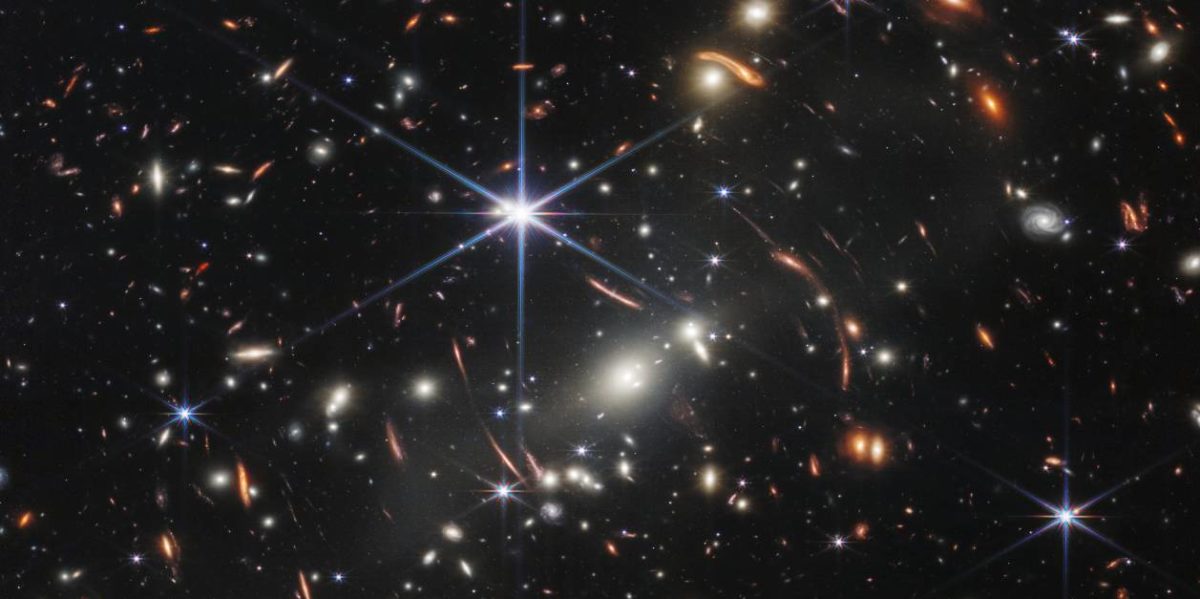Almost weekly, we’re glimpsing deeper into our universe through increasingly fine-tuned telescopes and lenses. Astronomers recently released the most detailed images of the distant Orion Nebula — 1,300 light years away. Earlier this summer, they discovered 21 “white dwarf” candidate stars and the most distant galaxy ever observed.
The amount we have to learn is endless — as vast as the universe, or multiple universes, in which we and our planet spin. It’s exciting and sometimes discomfiting to realize how much we don’t yet know.
Surprisingly, when the lens is flipped to observe the underpinnings of life rather than the galaxy’s outer limits, there’s even less certainty.
In When We Cease to Understand the World, Benjamin Labatut describes how the arrival of quantum mechanics upended the linear path that, up to that point, had exponentially increased our scientific success in reducing the world to smaller and smaller known pieces.
At a conference in 1927 of the world’s greatest scientists, Labatut explains, Werner Heisenberg and Niels Bohr presented their startling vision of quantum mechanics. It describes how “An electron is not in any fixed place until it is measured; it is only in that instant that it appears. Before being measured, it has no attributes; prior to observation, it cannot even be conceived of.” Through this discovery, scientific thinkers came face to face with the limits of our capacity to fully understand life’s building blocks in concrete terms.
Heisenberg also introduced the “uncertainty principle,” which states that the position and momentum of a particle can’t both be measured with precision. The more accurately you know one value, the less accurately you know the other.
Quantum mechanics changed the trajectory of science. As Wikipedia explains, “Quantum mechanics describes nature in a way that is different from how we usually think about science. It tells us how likely to happen some things are, rather than telling us that they certainly will happen.” Although its arrival changed the reductionist nature of some scientific paths, its inherent uncertainty didn’t make it less valuable. Quantum mechanics is foundational to chemistry and cosmology.
Astrophysicist Adam Frank and colleagues say the scientific shift changed the historical observer status assigned to the scientist. He writes that we can no longer expect to know the world “in itself, outside our ways of seeing and acting on things. Experience is just as fundamental to scientific knowledge as the physical reality it reveals.”
Labatut writes, “Physics ought not to concern itself with reality, but rather with what we can say about reality.” What we say about reality is, in other words, our stories, borne from our relationships with the world(s) around us.
As Heisenberg explains, “When we speak of the science of our era, we are talking about our relationship with nature, not as objective, detached observers, but as actors in a game between man and the world.”
Although we find ourselves in between two poles of uncertainty — the infinitesimally small and the infinitely grand — our (even nominal) understanding of quantum mechanics can help us gain perspective.
To start, we can embrace, with humility, the realization that we’re far from fully understanding, and will likely never fully understand, the mechanisms that determine nature and reality. Science is not absolute, but we can learn to thrive within this lack of certainty. It can help us to approach the world with more curiosity and wonder.
As writer Marilynne Robinson says, we should look to “sciences whose terms and methods can overturn the assumptions of the inquirers” rather than that which “simply insists on the truth value of its assumptions.”
And we can act in accordance with what we do know, such as our ever-expanding appreciation of the profound interactions that make life possible — from the elaborate mycelial networks underground to the global carbon cycle, from quantum to cosmic. We continually observe our world and describe it back to each other, revising understandings over time.
Our experiences will always be a part of our “reality.” The two cannot be teased apart. And we always face uncertainty. But in the absence of certainty there lies probability, between countless series of possible outcomes. Collectively we can change the world, by striving for the best of what is possible, through our relationships with nature and each other.
David Suzuki is a scientist, broadcaster, author and co-founder of the David Suzuki Foundation. Written with contributions from David Suzuki Foundation Boreal Project Manager Rachel Plotkin. Learn more at www.davidsuzuki.org.



